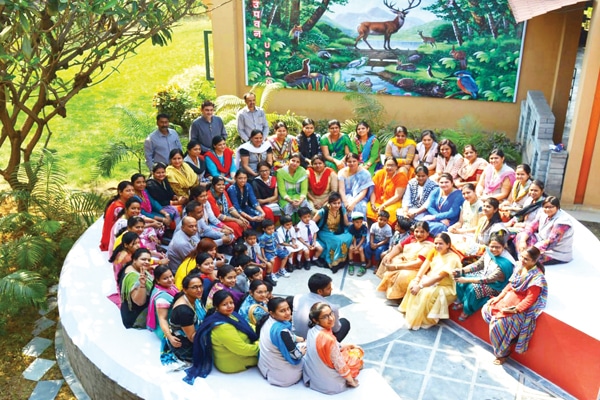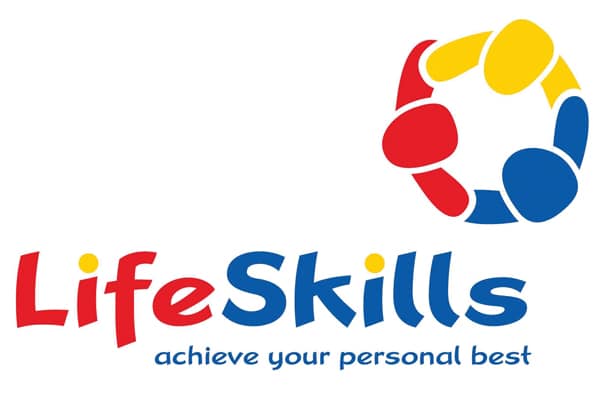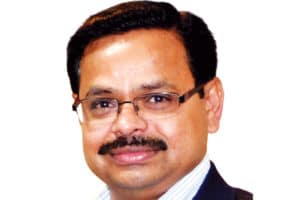While we come across so many reports about the employability issues amongst the youth and graduates in India, we keep missing the basic problem in our education system and that is the skill education. It is very essential to integrate existing higher education with skilling for every programme and in every subject.

“Aspiring graduates should ask for the education that will provide them not only degrees but degrees with skills that make them industry ready right from day one of the graduation,” says Dr Swati Mujumdar, Pro-Chancellor, Symbiosis Skills Universities and a thought leader in skill education in India. She headed the research committees at Maharashtra State and Central level that studied various university and education systems in the developed countries. The outcome of the study was the education model that not only integrated skill education into the higher education but also customised it for India.
Symbiosis is a top name in the higher education sector for past five decades. It was but natural for them to foray into this new model of higher education as pioneers. Today, it has Symbiosis University of Applied Sciences Indore and Symbiosis Skills and Open University Pune as two pioneering skill development universities. While they offer degree programmes in management, engineering, technology, architecture, banking and beauty wellness, the biggest differentiator in all programmes is its pedagogy that focuses on 70% learning through hands-on teaching. Both universities are equipped with industry machinery, learning facilities, skill centres and workshops that are unmatched and can be found only in the industry!
“Our pedagogy involves working on machines that are the most contemporary machines one will find in the sector. Hence our graduates get the industry skills during their stay at Symbiosis Skills Universities and become productive right from day one,” Dr Mujumdar explains the university model further. “Another important feature of our universities is the meaningful collaboration with our industry partners. Unlike conventional universities or institutions, our industry partners not only set up workshops and skill centres for our students but also participate in the academics by training our teachers conducting joint training programmes for their own staff as well as helping us enhance our curricula to align with industry needs. Placements and internships just happen on their own!”
Programmes offered by the two universities also consist of short term certificate and re-skilling programmes for the working professionals. Its Skills Finishing School is a great source for recent graduates to acquire employability skills including technical and soft skills. Symbiosis Skills Universities’ degree and other programmes are modular in nature, making them most flexible for aspiring learners. Learners can bank their credits with the university and rejoin to complete the programme.
“Our vision is to create graduates that are not only industry ready professionals but also leaders who will shape the future of the country. Hence we have included interdisciplinary courses in every programme for the all-round development of students.” School of Interdisciplinary Sciences at both universities offer courses in soft skills, work life balance skills, writing and business communication, skill courses in technologies like Blockchain and Data Sciences, foreign languages etc. to all students of degree and certificate programmes.
Symbiosis Skills Universities are on a mission to skill India and build it through its innovative education system and programmes.

































